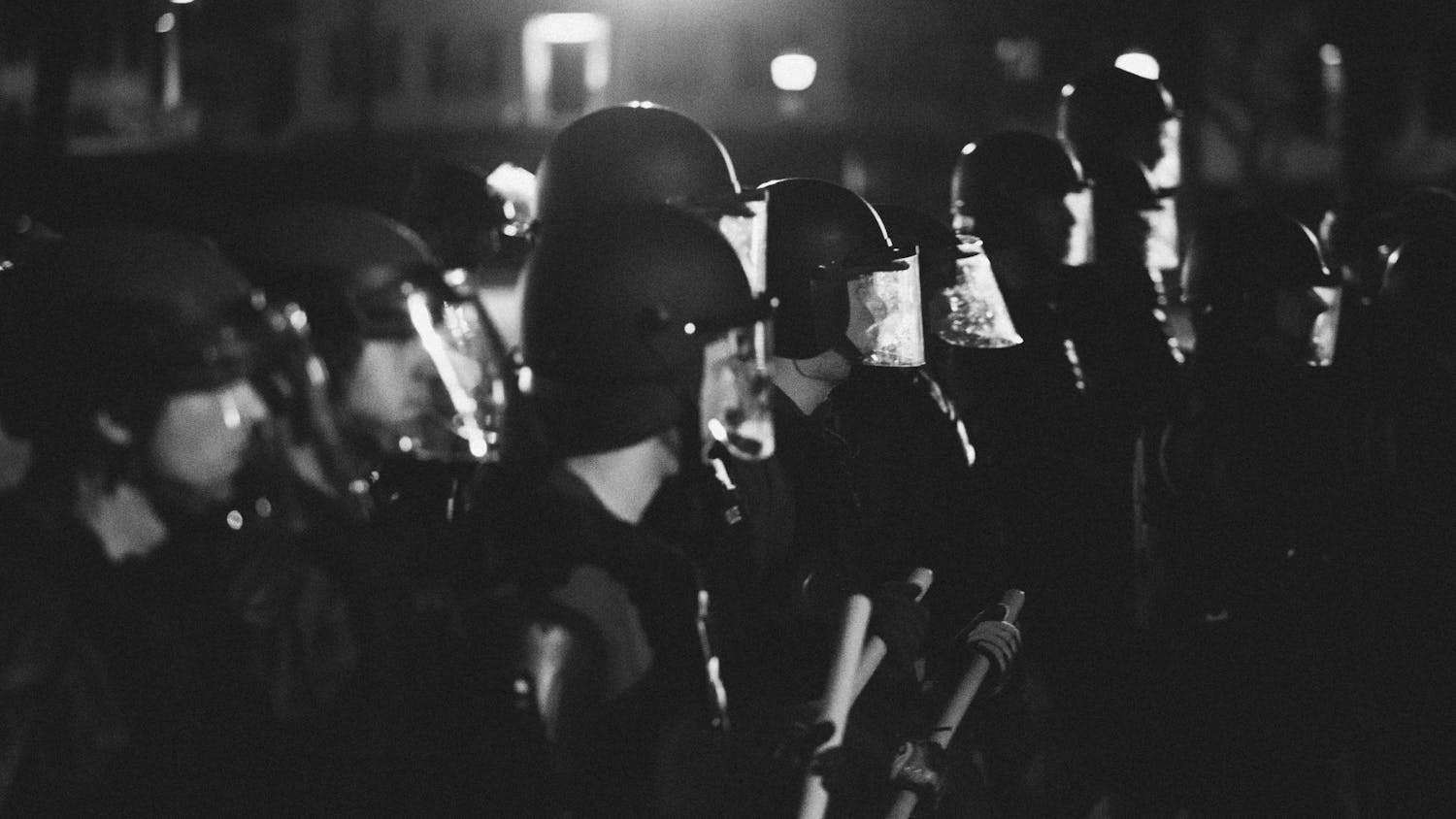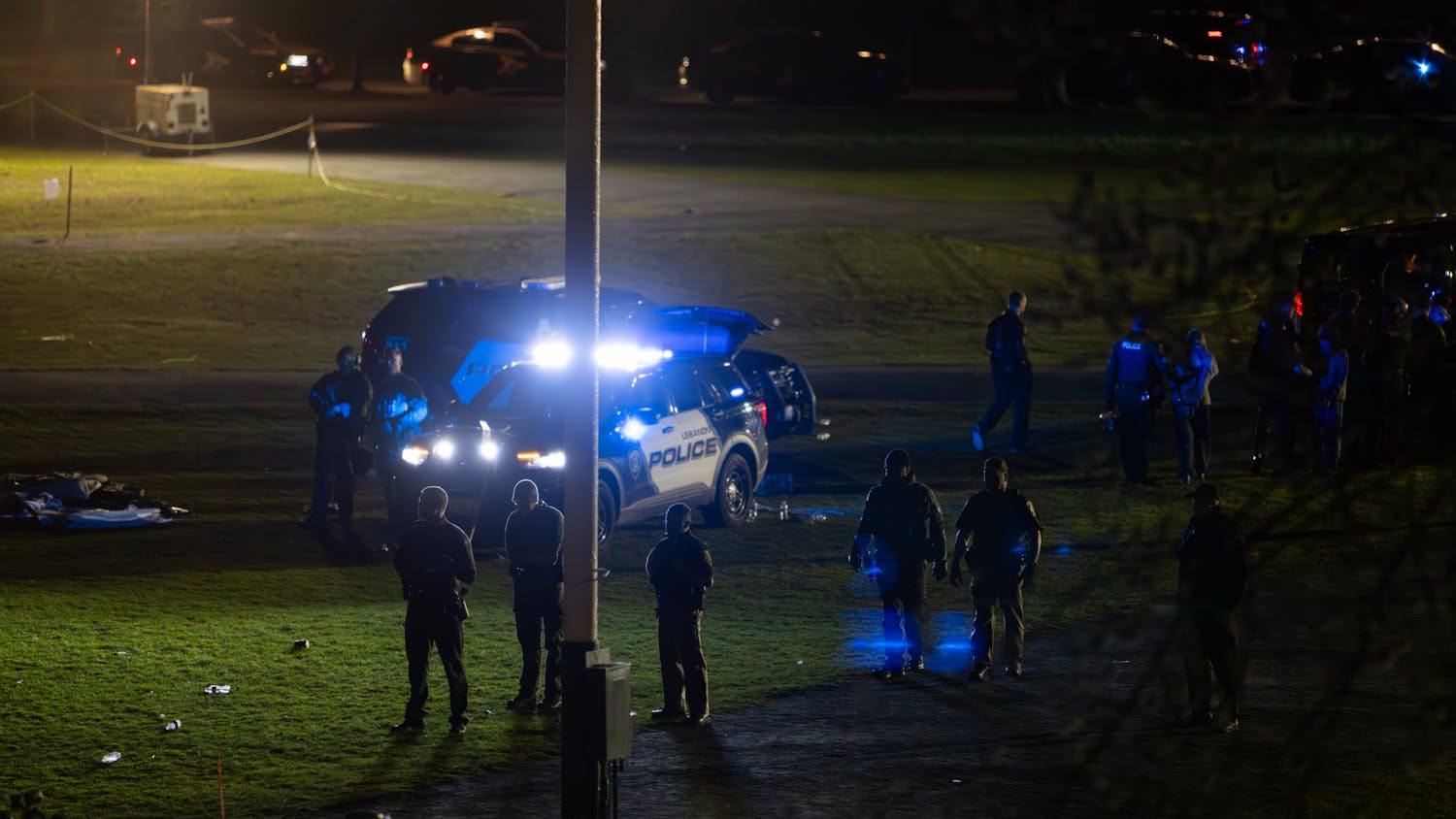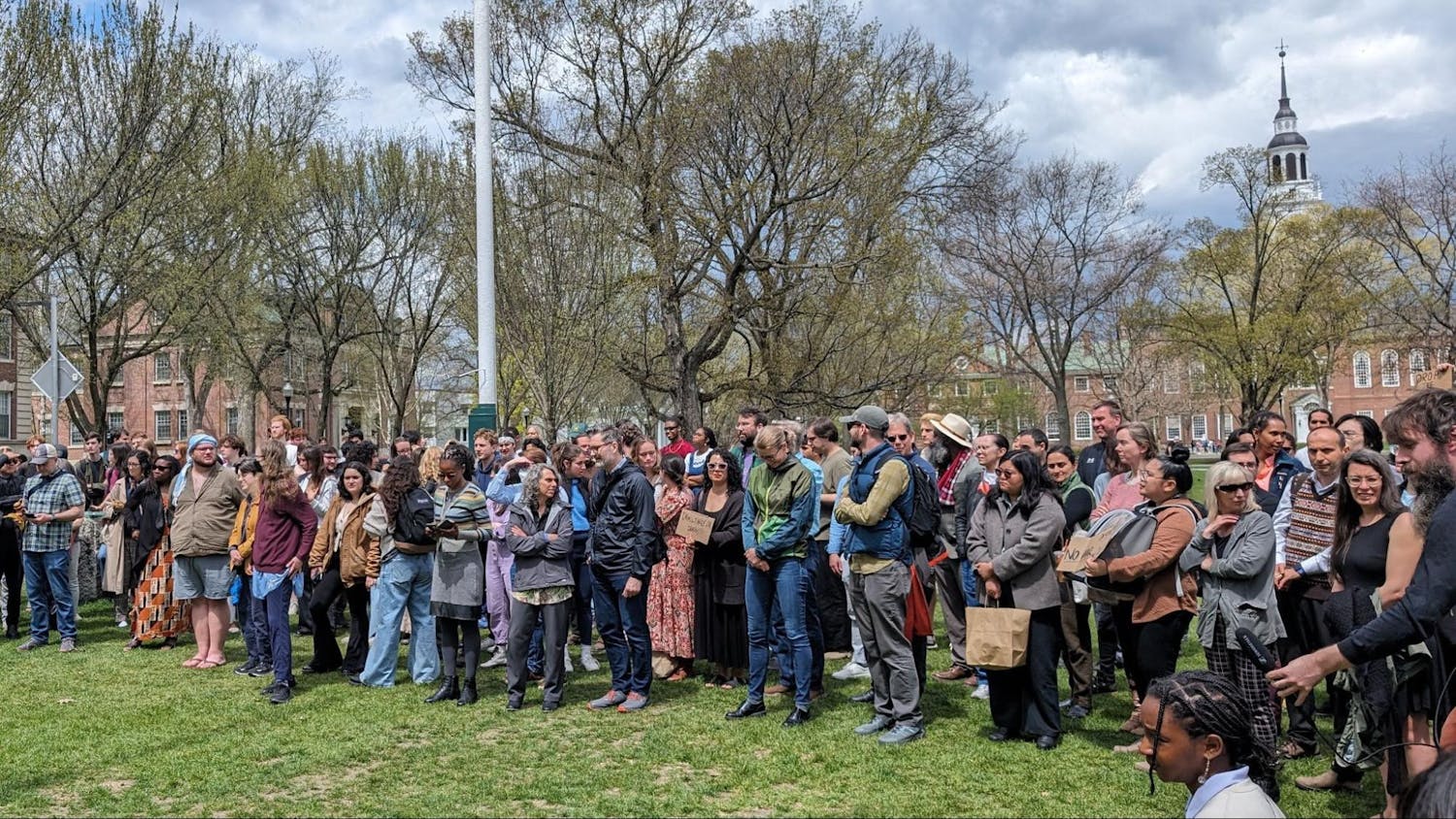When the College announced that Phi Delta Alpha fraternity would be derecognized last term, more than a few restrictions were imposed on the former members of the fraternity. Some of the regulations " such as a ban on alcohol consumption " are typical among the College's repertoire of Greek supervision, but others elicited a more flustered response.
Although members will continue to live in the Phi Delt house through the Spring term because of the campus-wide housing crunch, they are not allowed to sponsor organized events, hold meetings as a fraternity, or maintain affiliation with the Coed Fraternity Sorority Council.
Former Phi Delt president Matt K. Nelson '00 said of those restrictions, "it's kind of contradictory to the freedom to assembly, which a lot of Dartmouth alumni died to protect," referring to Dartmouth graduates who fought in the World Wars and the Vietnam War.
"We haven't formally raised the question of freedom of assembly yet," Nelson continued, "though it's a possibility depending on how the appeals process goes."
Phi Delt formally filed an appeal to the College last Wednesday.
But whether the College has violated the students' First Amendment rights is a less straightforward question, and one fraught with legal technicalities.
According to Dean of Residential Life Martin Redman, there have been no such violations. He explained the College's rationale behind the regulations: "The organization no longer exists, so why would they have meetings? What business would they have to conduct?"
Redman continued, "I'm in essence saying sure they can meet, but they can't meet in the house. And as members of Phi Delta Alpha, they can't meet in Collis either because they're not recognized as a College organization. So it's not a question of freedom to assemble, because they can meet, just not at our own buildings."
Also at issue is whether the College, as a non-governmental institution, is charged with the responsibility of protecting provisions in the Bill of Rights.
"The First Amendment doesn't really come into play in such a case, so there isn't a Constitutional matter," said Sheldon Novick, professor of Constitutional law and history at Vermont Law School.
Asked if Dartmouth's acquisition of federal funds affected the school's Constitutional obligations, Novick said that while "there are conditions on the funds which require the school to follow particular civil rights laws, as far as I know there's no federal rule that the school abide by the First Amendment."
Another factor in the College's ability to impose restrictions on Phi Delt's right to hold meetings and organize events, explained Redman, is related to Dartmouth's relationship with the city of Hanover. Were the College to relinquish authority over the Phi Delt house to the municipality, the building would fail zoning requirements, leaving the residents without a place to live, he said.
Thus, the College and Hanover agreed to Dartmouth administrative supervision.
"One option that was there was to close the house, but the reality was that the men would be without housing ... so we decided to let them continue to live there under College restrictions," Redman said.
"It's created a not-so-clear distinction of us allowing them to live there but not function as a chapter, so that's why those restrictions are there so they don't function as an active chapter," he said.
Novick said that if Hanover had jurisdiction over the Phi Delt house, it would have an obligation to protect the residents' freedom of assembly. But, he added, "what's happening is that the College is regulating its students' behavior."
Redman took this point one step further, saying: "It's in the Handbook and the CFSC rules, and they agree to those rules by agreeing to come here and join the CFSC."



